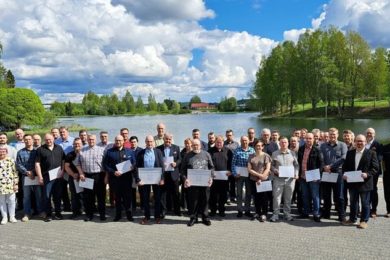Payments from polluters in rich countries to tropical communities in exchange for slowing deforestation may soon play a bigger role in combating climate change if problems like measuring preservation efforts can be overcome. It’s a bit of a minefield,” Michael Brune, the executive director of nonprofit group the Rainforest Action Network, told the Reuters Global Environmental Summit in New York. He said there are plenty of opportunities to attract funds to protect key ecological areas, but enforcement of laws to preserve them amid illegal logging and clearing is difficult. “But I would say the benefits outweigh the threats.”Carbon brokers in New York and London have begun working on deals in which greenhouse gas polluters in rich countries would attempt to reduce their carbon footprint by paying communities in developing countries to slow tree felling rates. They have been spurred by recent data showing that the burning and clearing forests to create everything from pastures to palm oil plantations, in areas from the Amazon to Aceh province in Indonesia, releases nearly 20% of the world’s greenhouse gas emissions.
A new United Nations climate treaty could make such trade official and greatly raise the value of such deals. Tropical nations could get billions of dollars and huge amounts of carbon dioxide could be saved from reaching the atmosphere, cutting the odds of an increase in everything from stronger storms to droughts. But there are also many risks, including difficulties in monitoring forest preservation, the planting of forest stands that lack biodiversity, and backlash from local groups. In Barcelona on Wednesday, an international alliance including 250 representatives from business, trade unions forestry companies, governments and local and indigenous peoples, laid down guidelines for such trade.






